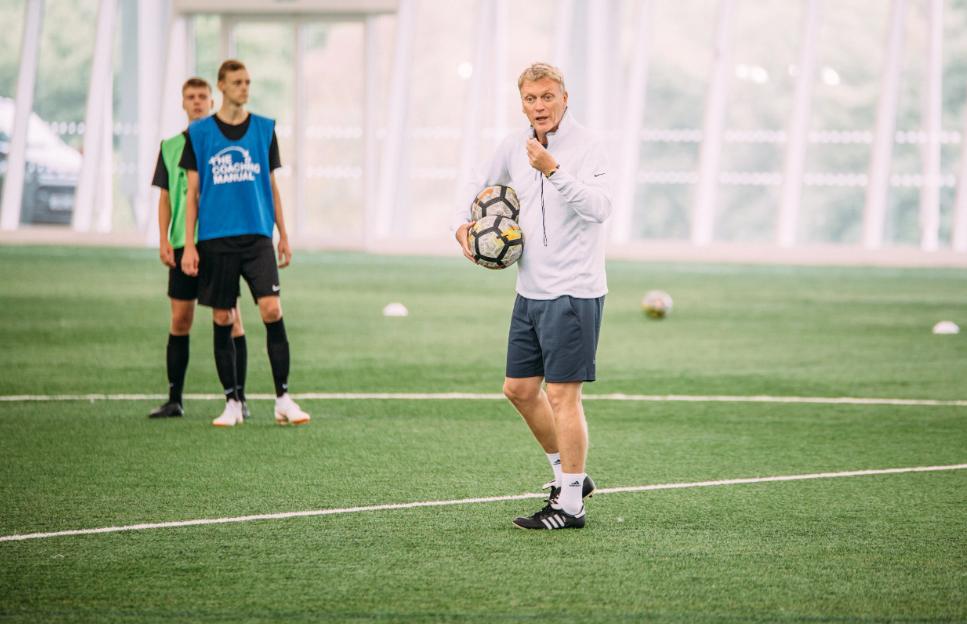
Soccer training is a fantastic way to enhance your child’s physical and cognitive development. Beyond teaching them about teamwork and strategy, it significantly improves motor skills, helping them grow into more coordinated and agile individuals. Here’s how.
1. Developing Balance and Coordination
Soccer requires a combination of balance and coordination. Through practice, children learn to control their body movements while running, turning, and kicking. This enhances their ability to manage various movements simultaneously, improving their overall physical coordination.
2. Enhancing Fine and Gross Motor Skills
Fine motor skills, such as precise control of hands and feet, and gross motor skills, involving large movements of the arms and legs, are both improved through soccer training. As players learn to control the ball, they strengthen the muscles responsible for these movements, fostering a greater sense of control over their physical actions.
3. Improved Agility and Speed
The dynamic nature of soccer encourages rapid changes in direction and movement, which enhances a child’s agility and speed. Regular soccer training helps them react faster to in-game situations, boosting their ability to move swiftly and efficiently.
4. Strengthening Core Stability
A strong core is essential for motor skill development. Soccer training involves various physical demands that require core strength for stability, such as maintaining balance during tackles or controlling the ball. This builds a solid foundation for future motor skills.
5. Encouraging Muscle Memory and Repetition
Through repetitive drills and one on one soccer training, children develop muscle memory, which enhances their ability to perform movements without conscious effort. Repeated practice strengthens neural pathways, making actions more automatic over time.
6. Enhancing Reaction Time
In the fast-paced environment of soccer, quick reactions are crucial. Soccer training sharpens a child’s reaction time as they must constantly adjust to unpredictable situations on the field. This skill extends beyond sports into everyday activities, helping them respond more efficiently to sudden changes.
7. Fostering Spatial Awareness
Soccer teaches children to be aware of their surroundings, understanding their position relative to teammates and opponents. This spatial awareness improves their motor skills by allowing more precise and thoughtful movements during play.
8. Building Confidence and Self-Esteem
Confidence plays a significant role in motor skill development. Regular success and improvement in soccer training help children feel more capable and in control of their actions, encouraging further progress in motor skill mastery.
In conclusion, soccer training serves as a comprehensive tool to boost children’s motor skills, offering a blend of physical, mental, and emotional benefits. Whether through individual coaching or group sessions, soccer provides a dynamic platform for holistic development.
